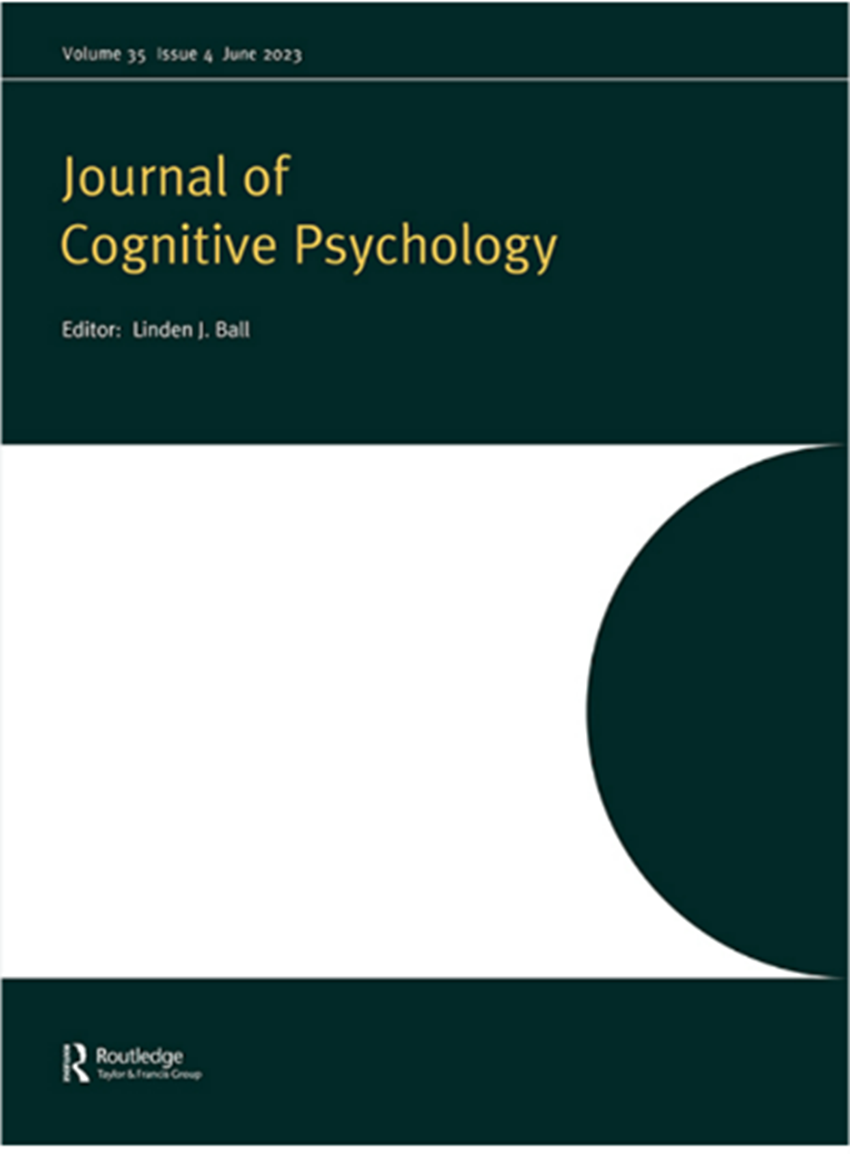What causes interference in short-term memory? Looking to answer this question, John E. Marsh, principal investigator of the research of project 201/20 - The Control of Attentional Diversion: A Psychophysiological Approach, supported by the BIAL Foundation, carried out three experiments that explored the effects of changing-state vibrotactile sequences on short-term memory. The results revealed that short-term memory for a visual sequence is more disrupted by a changing-state vibrotactile sequence (alternating from one hand to the other) compared to a steady-state tactile sequence (presented to both hands simultaneously). The impact of changing-state vibrotactile distraction is similar in magnitude to that of auditory distraction (Experiment 1); the interference between vibrotactile stimuli and short-term memory appears to concern recall of item-order rather than item-identity (Experiment 2); and the predictability of the vibrotactile stimuli does not appear to modulate the magnitude of the effect (Experiment 3). More information is available in the paper Irrelevant changing-state vibrotactile stimuli disrupt verbal serial recall: implications for theories of interference in short-term memory published in the Journal of Cognitive Psychology.
ABSTRACT
What causes interference in short-term memory? We report the novel finding that immediate memory for visually-presented verbal items is sensitive to disruption from task-irrelevant vibrotactile stimuli. Specifically, short-term memory for a visual sequence is disrupted by a concurrently presented sequence of vibrations, but only when the vibrotactile sequence entails change (when the sequence “jumps” between the two hands). The impact on visual-verbal serial recall was similar in magnitude to that for auditory stimuli (Experiment 1). Performance of the missing item task, requiring recall of item-identity rather than item-order, was unaffected by changing-state vibrotactile stimuli (Experiment 2), as with changing-state auditory stimuli. Moreover, the predictability of the changing-state sequence did not modulate the magnitude of the effect, arguing against an attention-capture conceptualisation (Experiment 3). Results support the view that interference in short-term memory is produced by conflict between incompatible, amodal serial-ordering processes (interference-by-process) rather than interference between similar representational codes (interference-by-content).






































































